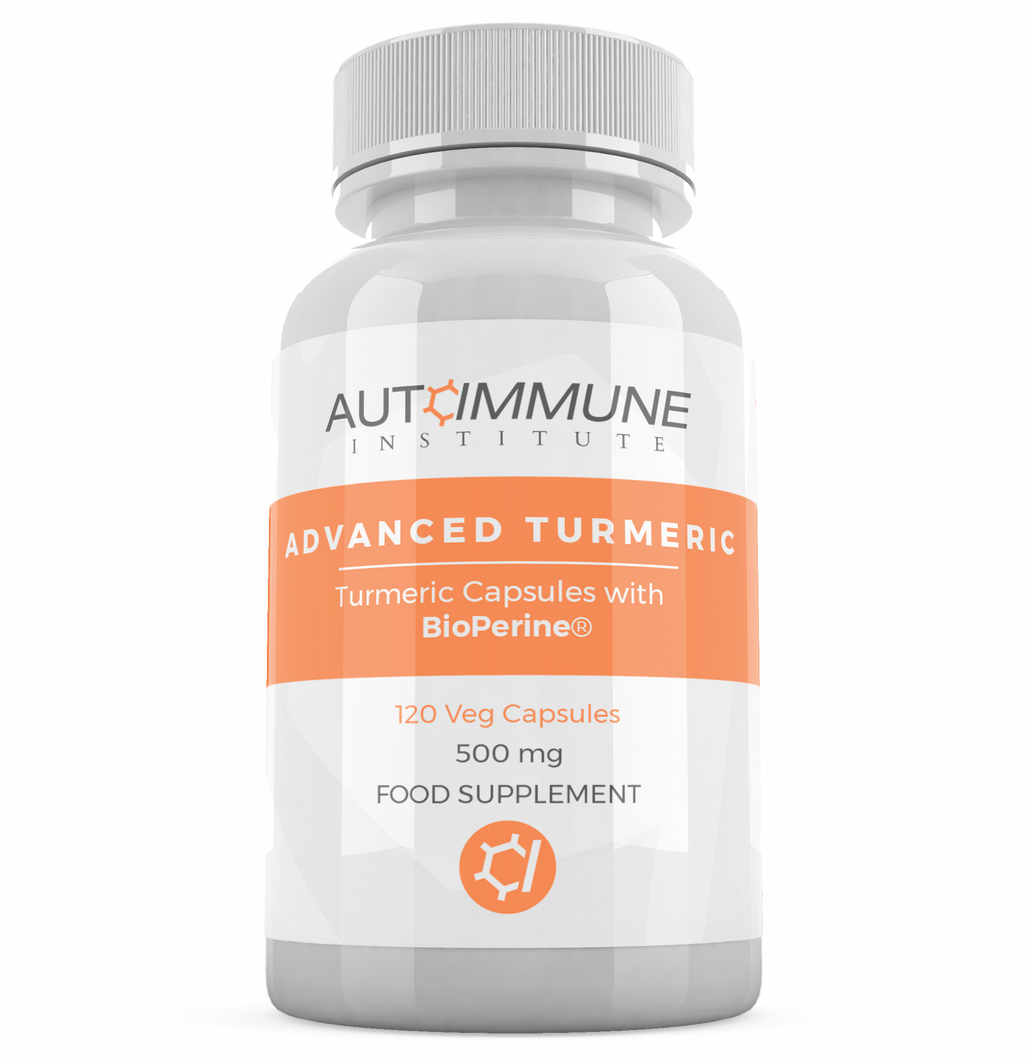Can't walk without pain? This food might be the cause
Have you ever tried limiting your sugar intake?
You’ve been told it could help reduce joint pain ..
But despite doing this, you don’t notice any difference, and still, have trouble walking or enjoying your hobbies without pain?
Well, there’s a reason why it didn’t work for you.
And it’s not because something is wrong with you.
I’ll tell you exactly what the reason is in a minute.
But first, I wanted to talk to you about why sugar is bad for most people over 50.
A study was published in the American Journal of Clinical Nutrition that looked at how sugar affects joint pain.
According to the researchers, added sugars trigger your body to release little inflammatory messengers called cytokines.
There are two types of cytokines - anti-inflammatory and pro-inflammatory.
When you eat added sugar, you’re triggering your body with the pro-inflammatory ones.
And that’s what might be causing you daily aches and pains in your joints.
So removing sugar is a sensible idea.
Trouble is, sugar has multiple different names…
And the big food companies often use those to hide added sugar from us.
That’s why if you simply tried to ‘avoid sugar’ before, you won’t have seen much improvement.
Because even though sugar might not have been listed as an ingredient … It could still have been in there under another name.
The good news though, is once we know the exact names of other added sugars we can easily avoid them.
According to NHS here’s the list of added sugars best to avoid, if you battle crippling arthritis pain:
- High fructose corn syrup
- Dextrose
- Fructose
- Glucose
- Corn Sugar
- Honey
- Agave syrup
- Maple syrup
- Invert sugar
- Isoglucose
- Levulose
- Maltose
- Molasses
- Sucrose
Unfortunately, these sneaky types of sugar are hiding in a lot of food staples.
Even ones that don’t taste that sweet. For example, kitchen cabinet staples like ketchup, salad cream, or marinades…
Or dairy products like fruit yoghurts, or flavoured milk, which often have large amounts of these hidden sugars.
So here’s my advice to you -
Don’t just assume that because something doesn’t obviously contain sugar, that it’s necessarily sugar-free.
Learn the list above, and once you know all these names, you can easily check nutrition labels and avoid any product that could be contributing to your pain.
Speak soon!





